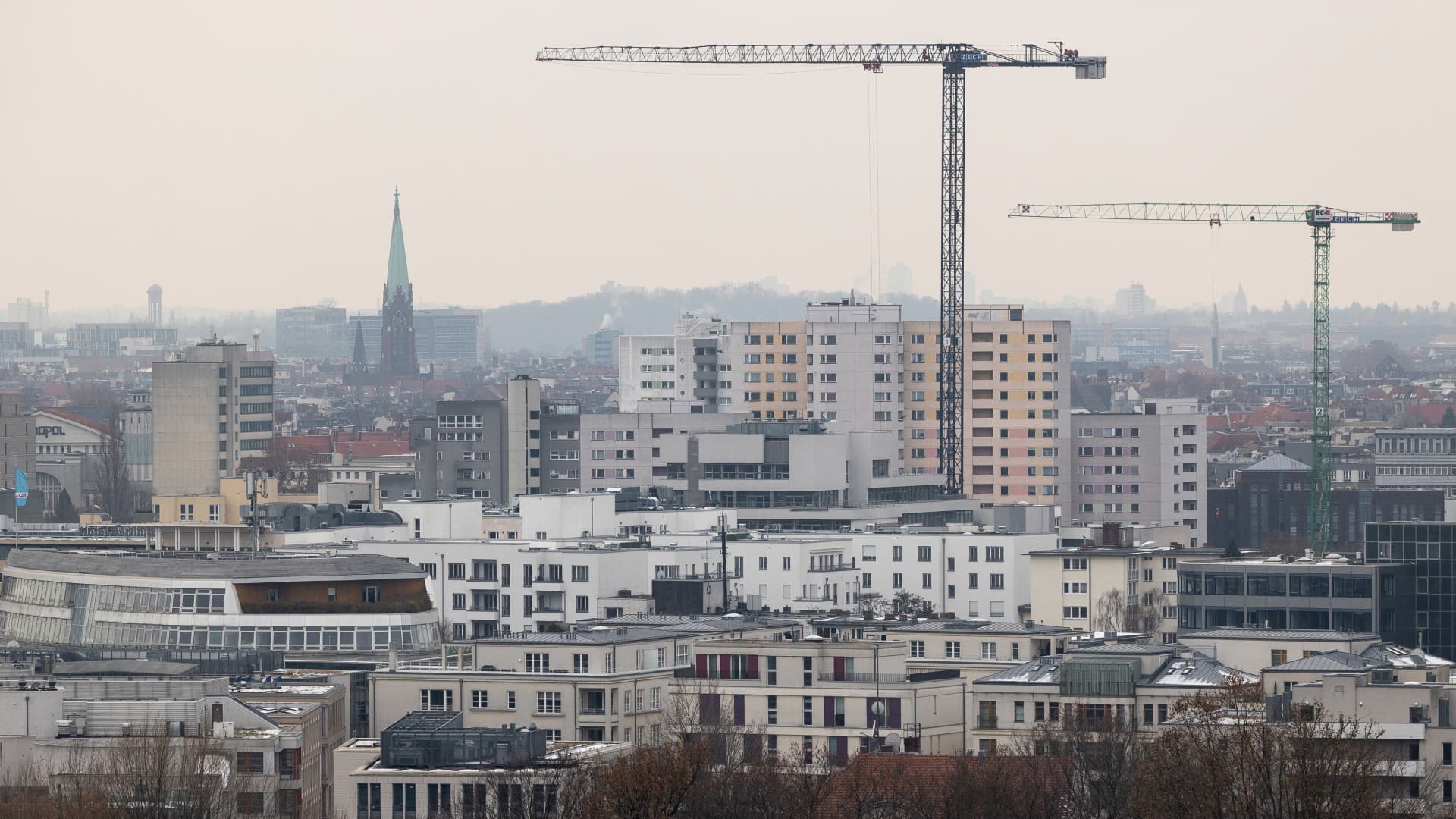TOKYO — Asian shares were mixed Wednesday as pointed to a strong economic recovery in China but worries lingered about the coronavirus pandemic.
Japan’s benchmark Nikkei 225
NIK,
-0.81%
dipped 0.8% in morning trading. Australia’s S&P/ASX 200
XJO,
+1.21%
added 1.4% while South Korea’s Kospi
180721,
+0.01%
advanced 0.3%. Hong Kong’s Hang Seng
HSI,
-0.43%
slipped 0.3%, while the Shanghai Composite
SHCOMP,
-0.74%
shed 0.6%. Stocks fell in Singapore
STI,
-0.08%,
Taiwan
Y9999,
-0.64%
and Indonesia
JAKIDX,
-1.78%.
A survey released Wednesday shows China’s factory activity rebounded in March from a three-month slowdown as export orders rose. The monthly index of manufacturing issued by the China’s statistics agency and an industry group rose to 51.9 from February’s 50.6 on a 100-point scale on which numbers above 50 show activity expanding.
Chinese manufacturing has rebounded to above pre-pandemic levels in most industries but consumer and export demand have been slower to recover. Restrictions on trade in technology have also hurt exports, economists said.
“Let’s reiterate that the technology war is the No. 1 risk faced by China in 2021. Chinese companies continue to face difficulties in buying and selling technology parts, products and services from companies on the U.S. entity list, which can include non-U.S. companies,” said Iris Pang, chief economist at IG.
“Another risk, which is hopefully temporary, is the fragile recovery of export demand that comes from restrictive social distancing measures, and even lockdowns, in the U.S. and Europe,” Pang said in a commentary.
U.S. stock indexes fell as another swell higher for Treasury yields pressured big technology stocks. Yields perked higher after a report showed consumers are even more confident than economists expected.
The yield on the 10-year Treasury rose to 1.74%. Its jump this year has forced investors to reconsider paying such high prices for many stocks, particularly the tech giants that were big winners earlier in the pandemic.
Health care stocks also dragged shares lower, outweighing gains by banks, industrial stocks and companies that rely on consumer spending.
The S&P 500
SPX,
-0.32%
slid 0.3% to 3,958.55, its second decline in a row. The Dow Jones Industrial Average
DJIA,
-0.31%
dropped 0.3% from the all-time high it set a day before, to 33,066.96. The Nasdaq composite
COMP,
-0.11%
fell 0.1% to 13,045.39.
Investors are awaiting details of President Joe Biden’s proposals for spending perhaps even more than $3 trillion on infrastructure and other measures to help the economy and environment.
Despite the pressure on big tech stocks, most professional investors remain optimistic that the broader market can keep rising. A stronger economy thanks to COVID-19 vaccinations and massive spending by the U.S. government should help boost profits for many companies this year, particularly those like banks, energy producers and industrial companies.
Much of the market’s choppiness is reflecting that expectation. Investors have been shifting money away from companies like Amazon and Netflix, which benefited from a world on lockdown, to airlines, automakers and others that are poised to benefit from a broader reopening.
“Big picture-wise, we’re moving in the direction of a rebalance trade,” said Greg Bassuk, chairman and CEO of AXS Investments. “In the next immediate period we’re going to continue to see significant volatility.”
In energy trading, U.S. benchmark crude
CLK21,
+0.36%
inched down 1 cent to $60.54 a barrel. Brent crude
BRNK21,
+0.50%,
the international standard, added 6 cents to $64.20 a barrel.
In currency trading, the U.S. dollar
USDJPY,
+0.46%
rose to 110.70 Japanese yen from 110.25 yen.





